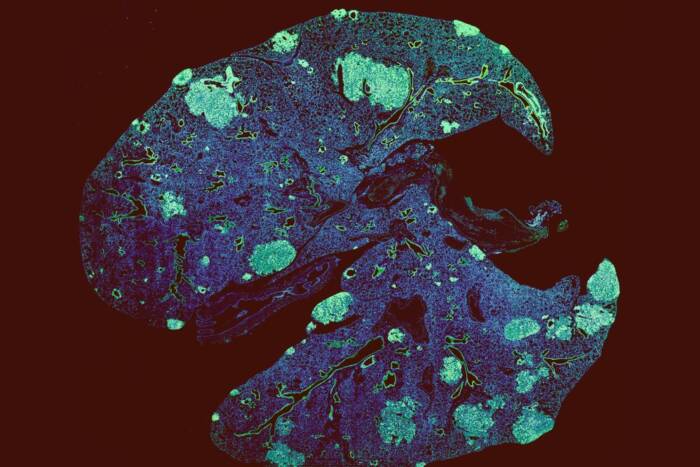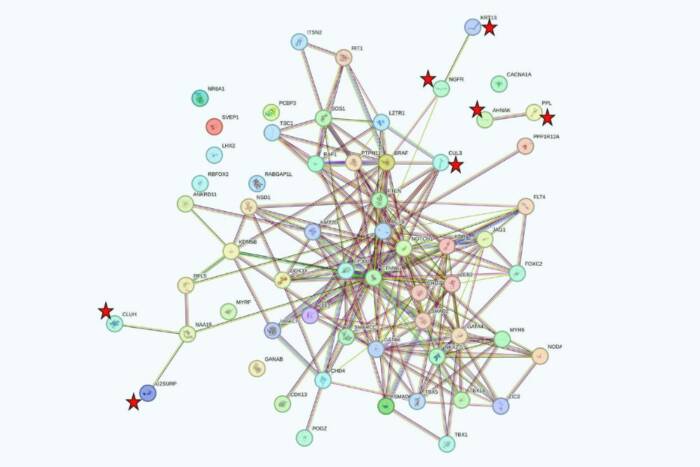Rockefeller immunologist receives Gates Foundation Grand Challenges grant
Rockefeller University has received a $100,000 Grand Challenges Explorations grant from the Bill & Melinda Gates Foundation. The grant will support an innovative global health research project conducted by Jean-Laurent Casanova, head of the Laboratory of Human Genetics of Infectious Diseases, aimed at developing new treatments for pediatric tuberculosis.
Casanova’s project is one of 78 grants announced by the Gates Foundation in the fourth funding round of Grand Challenges Explorations, an initiative to help scientists around the world explore bold and largely unproven ways to improve health in developing countries. The grants were provided to scientists in 18 countries on six continents.
To receive funding, Casanova showed in a two-page application how his idea falls outside current scientific paradigms and might lead to significant advances in global health. The initiative is highly competitive, receiving almost 2,700 proposals in this round.
Casanova’s grant will fund a new project aimed at understanding how a collection of genetically diverse errors in immunity leads to susceptibility to tuberculosis in children under 15 years old. Although the M. tuberculosis bacterium is present in about a third of the world’s population, only five percent of infected individuals develop clinical tuberculosis. The new study will build on a collaboration with clinicians in Turkey, Morocco and Iran, three countries of distinct genetic background with a fairly high incidence of tuberculosis. By looking at specific genes in each of 90 children from those countries, Casanova hopes to find specific genetic mutations that may lead to a failure of protective immunity and that may be responsible for tuberculosis predisposition.
Casanova joined Rockefeller in September 2008 from Hospital Necker for Sick Children in Paris. His research is aimed at identifying genetic mutations that predispose individuals to specific pathogens, in order to understand why some children get sick during the course of infection while others exposed to the same pathogen do not. His work has paved the way for developing treatments that are based on a rational understanding of the human genetics of infectious diseases.
“Globally over 80,000 children die from tuberculosis each year, and antibiotics which kill the bacteria also run the risk of establishing drug-resistant strains. There is an urgent need to develop novel therapeutic approaches to tuberculosis,” Casanova says. “We hope that by better understanding the genetic basis of childhood tuberculosis, we will illuminate this disease’s pathogenesis and lay the foundation for the design of immune-restoring treatments.”
“The winners of these grants show the bold thinking we need to tackle some of the world’s greatest health challenges,” said Tachi Yamada, president of the Gates Foundation’s Global Health Program. “I’m excited about their ideas and look forward to seeing some of these exploratory projects turn into life-saving breakthroughs.”
Grand Challenges Explorations is a five-year, $100 million initiative of the Gates Foundation to promote innovation in global health. The program uses an agile, streamlined grant process — applications are limited to two pages, and preliminary data are not required. Proposals are reviewed and selected by a committee of foundation staff and external experts, and grant decisions are made within approximately three months of the close of the funding round.


